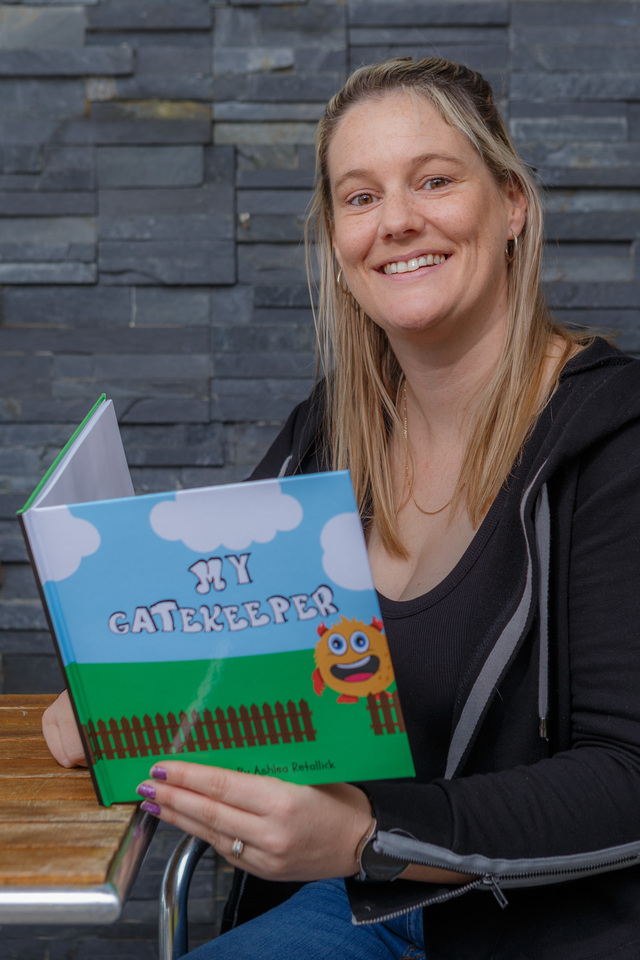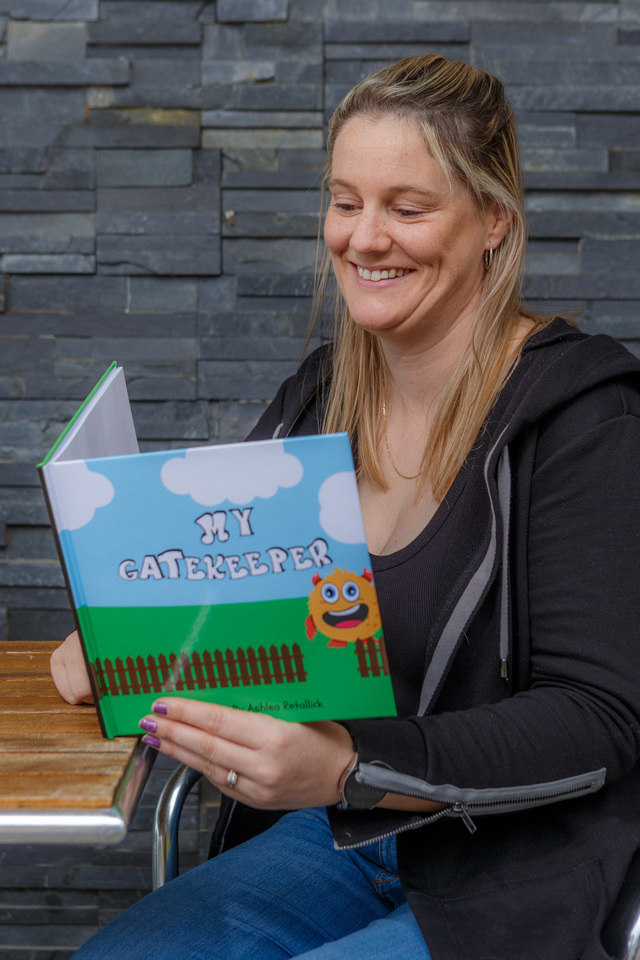Pakenham mother of two and primary school teacher Ashlea Retallick has seen the deteriorating mental health of children firsthand.
After seeing her own daughter reach boiling point, she had to act.
So she wrote a book to teach young people how to manage or shift their emotional and social understanding of the world.
An Australian Psychological Society national survey released in 2022 showed an increase in mental illness in children as young as 18 months old compared with 2020.
Following the survey, APS president Dr Catriona Davis-McCabe said governments needed to take immediate action.
“Psychologists, parents, and patients are reporting unacceptable levels of suffering and harm amongst young Australians,“ she said.
“We cannot accept living in a country where 18-month-old children are presenting to clinics with serious mental health issues.“
Results showed an increase in separation anxiety, generalised anxiety, social anxiety, peer relationship difficulties, problematic screen use, depression, and self harm.
Ashlea has a 13-year-old daughter and an eight-year-old son. She has seen the mental health crisis unfold over her 20 years in the education sector.
“We have all got a very big job, as the social and emotional issues of children have skyrocketed,“ she said.
“It is a daily thing you have to think about.”
Ashlea’s been driven to increase her knowledge of social and emotional development ever since she started working in early childhood education.
“I’ve always had a fascination with the brain,“ she said.
“It’s what led me to go down that sort of rabbit hole.“
Working in one class of Grade 1 pupils, five students required some form of social assistance.
“It’s about the relationships that you build with the children and how you overcome issues,“ she said.
“We’re already in a mental health crisis.
“It’s now about educating about what their emotions are.“
Her book My Gatekeeper is a mini toolkit for those with anxiety and she’ll write lesson plans for teachers to implement in the classroom.
She said many children who went through their formative years during the Covid pandemic, enduring lockdowns and social isolation, had social or developmental issues as a result.
“You can see such a huge gap in their emotional development,“ she said.
“There’s no emotional resilience.“
Ashlea said another issue was children’s overexposure to screen time and social media.
“They don’t have time to be bored,“ she said.
She said parents should not be scared to tell their children no.
“It’s okay for them to be bored,“ she said.
“Without stimulation, they start to use their imagination.
“Without them being allowed to do that, they are going to get a big shock.“
Ashlea said children were being allowed to go online earlier and earlier so were often exposed to inappropriate material from a young age.
“It can glorify violence,“ she said.
“It can also create a very scared person.
“The general population needs to be a lot more sensitive to what children are exposed to.“
Ashlea said building a child’s mental health and social development started as soon as they were born.
“Use child-friendly language and take it one step at a time,“ she said.
“We can lay the foundations for good mental health.
“You can do hard things no matter what, you just have to find the strength to do it.
“I just hope that I can help someone.
“If I can just help one parent, then my job’s done.“
To keep up to date on Ashlea’s work, visit www.instagram.com/mrs_ash_r_.
If you or your children are struggling, call Kids Helpline on 1800 551 800.
– Matthew Sims









